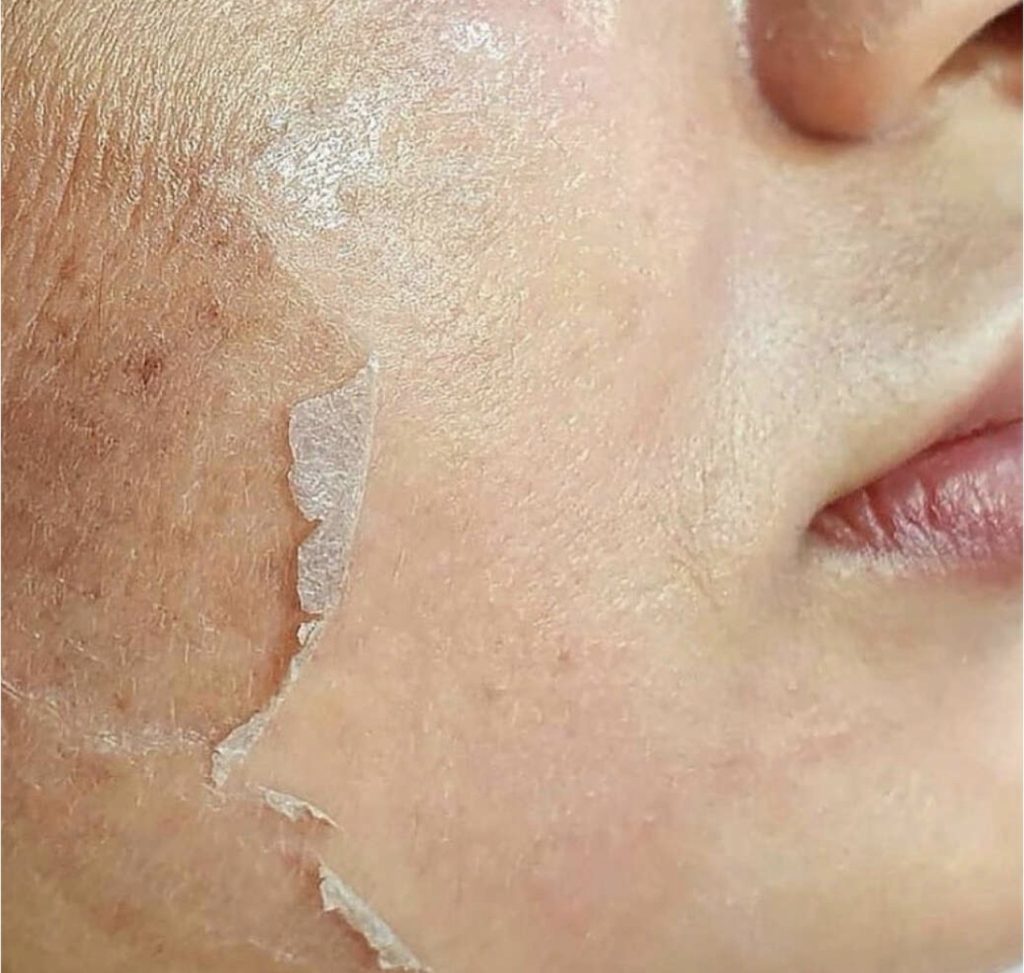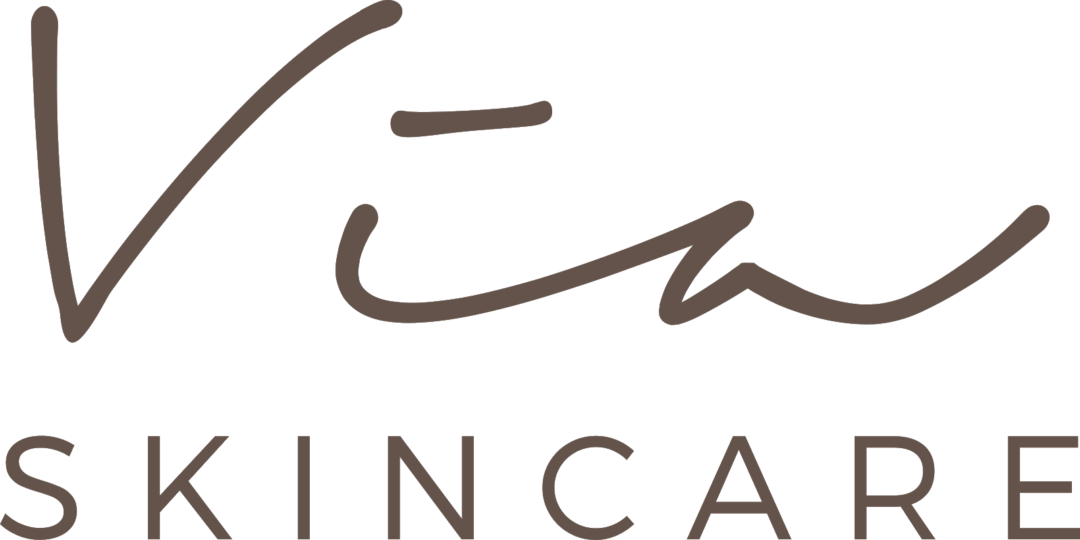Chemical peel
While it may sound scary, a chemical peel is a safe and popular skincare procedure designed to improve the appearance and texture of the skin. It involves the application of a chemical solution to the skin’s surface, which causes the top layer of skin to peel off. This process encourages the growth of new, smoother, and younger-looking skin.
The benefits of Chemical Peel include:
Improved Skin Texture: Achieve smoother, softer skin with a chemical peel.
Reduced Fine Lines and Wrinkles: Diminish signs of aging for a more youthful appearance.
Even Skin Tone: Fade age spots, sunspots, and hyperpigmentation for a balanced complexion.
Acne and Scarring: Effectively treat acne and minimize acne scars.
Boosted Collagen: Some peels stimulate collagen production, enhancing skin firmness.
Minimized Pores: Reduce pore size for smoother skin.
Sun Damage Repair: Address sun damage by removing damaged skin cells.
Enhanced Product Absorption: Increase the effectiveness of skincare products.
Youthful Glow: Reveal a radiant, youthful glow with fresh, new skin.

What to Expect During Your Chemical Peel Procedure?
Consultation: The process begins with an initial consultation. During this consultation, you will discuss your concerns and skin care goals. Your skincare professional will evaluate your skin type, and suitability for a chemical peel and determine the most appropriate type of chemical peel for your needs.
Preparation: Before the actual treatment, your skin will be thoroughly cleansed to remove any makeup, dirt, and oils. In some cases, a pre-peel regimen involving specific skincare products may be recommended to prepare your skin and enhance the peel’s effectiveness.
Application of Chemical Solution: Using a cotton ball, gauze, or brush a chemical solution often containing alpha-hydroxy acids (AHAs) like glycolic acid, beta-hydroxy acids (BHAs) like salicylic acid, or stronger acids, such as trichloroacetic acid (TCA) will be applied. You may experience a tingling, stinging or burning sensation during this stage.
Monitoring: During the treatment, the professional closely monitors your skin’s reaction to ensure that the peel is achieving the desired effects.
Neutralization: After the appropriate time has passed, depending on the type and depth of the peel, a neutralizing solution is applied to stop the chemical reaction and remove the peel solution from your skin.
Post-Treatment Recovery: Depending on the peel’s depth, you may experience various side effects, including redness, dryness, flaking, and temporary changes in skin color. Recovery time usually takes four to seven days, depending on the depth of the peel.
Aftercare: Post-treatment care is essential to support the healing process and maximize results. This may include using gentle skincare products, avoiding sun exposure, and adhering to any specific recommendations provided by your skincare professional.
How Often Can You Get Chemical Peels?
You can incorporate chemical peels into your skincare routine quite regularly, much like other facial treatments. Many individuals use peels as part of their routine and have them approximately every four weeks. Generally, this frequent use of peels is an excellent way to maintain your skin’s health, tone, and texture.
However, the timing of your peel sessions depends on the type of peel you’re using. Light peels are the most common and can be done every four to six weeks as necessary. On the other hand, medium peels, which exfoliate deeper skin layers, should have a gap of about three to four months between sessions.
Can Results Improve Over Time?
Absolutely. As this treatment removes problematic surface skin cells, you’ll observe that your results improve with time and consistent treatments. For instance, if you regularly undergo light peels for superficial skin issues, your skin will eventually generate healthier cells that aren’t affected by previous concerns.
This is particularly significant for individuals addressing anti-aging concerns. Collagen development is a gradual process, so repeated chemical facials will encourage collagen production in deeper skin layers, leading to the reduction of fine lines, wrinkles, and skin laxity over time.
It’s crucial to choose an experienced and qualified skincare professional for your chemical peel to ensure the procedure is performed safely and effectively. Always follow the post-treatment instructions provided to optimize your results and minimize any potential side effects.

